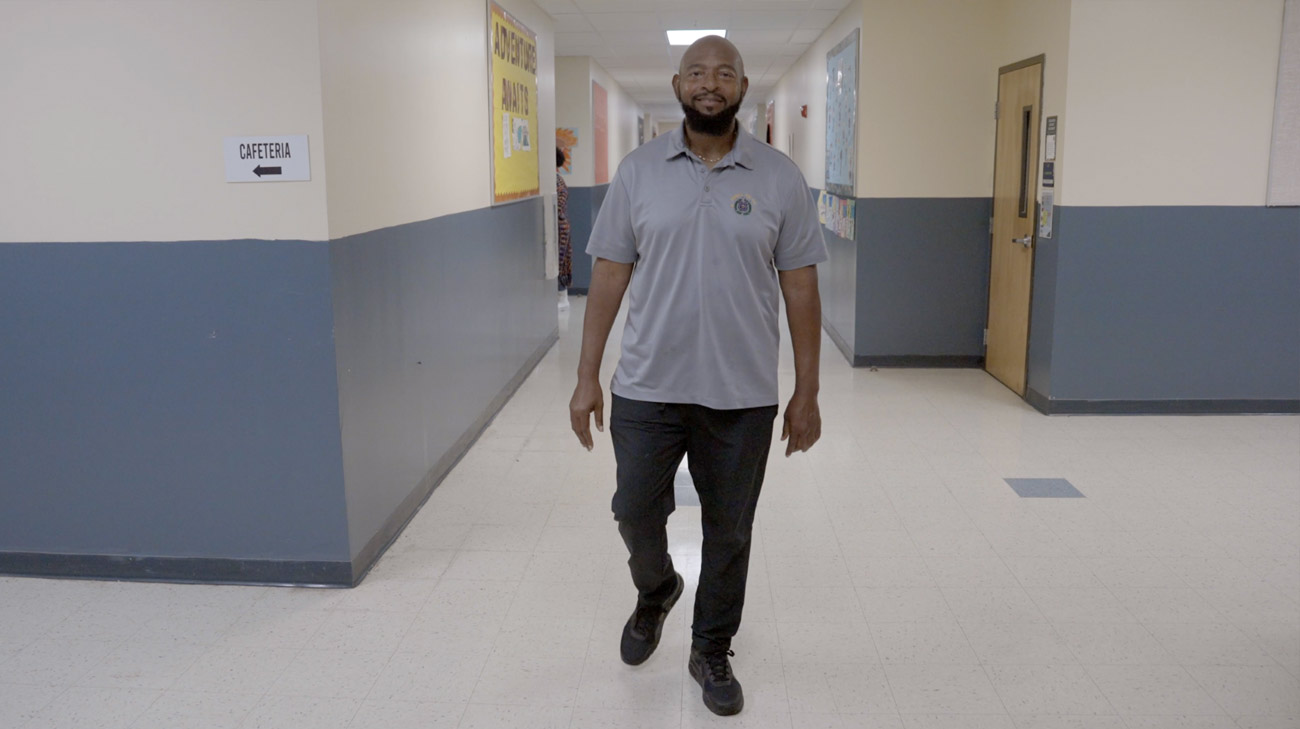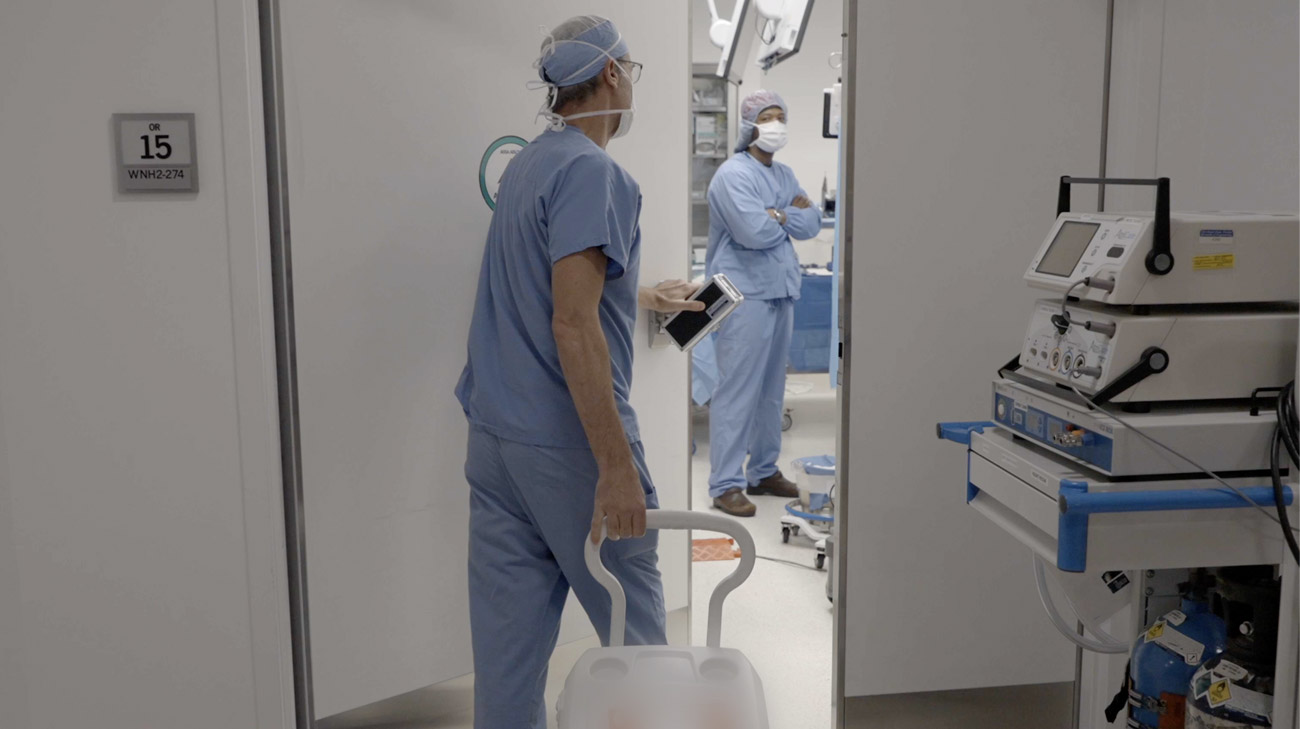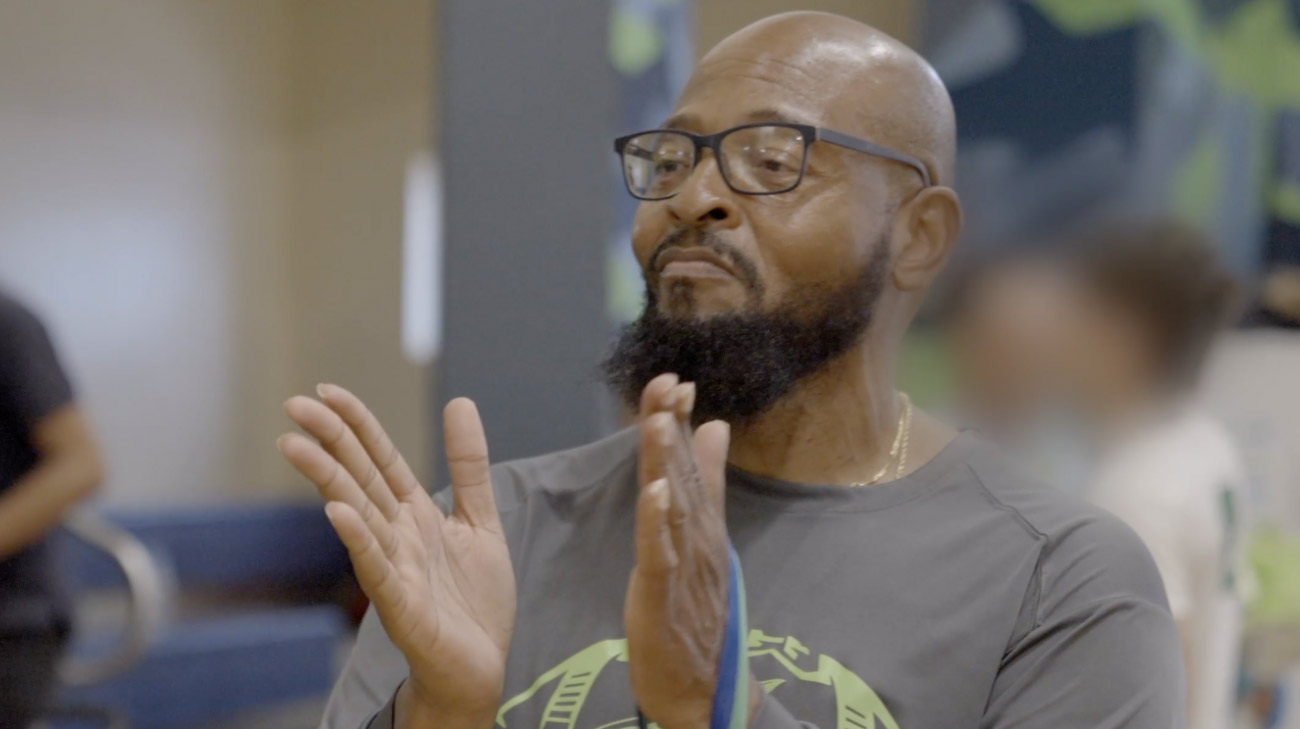When Harold Pearson was diagnosed in September 2014 with congestive heart failure, he told his doctors he wanted to do everything possible to avoid the need for a heart transplant. So, naturally he was dismayed when his condition worsened about a year and a half later.

“I always felt that I was going to get better,” Harold says. As the Athletic Director for Avant Garde Academy in Hollywood, Florida, he had an active career. But his symptoms were dragging him down.
“Harold would come in with symptoms of congestive heart failure like excess fluid, swollen legs, weakness and lack of energy,” says David Baran, MD, Section Head of Advanced Heart Failure, Transplant and Mechanical Circulatory Support at Cleveland Clinic Weston Hospital. “This was challenging for someone who was a coach and running around with teenagers.”
When all other treatment options had been exhausted, Dr. Baran said transplant was the only choice left – Harold would die without it.
“That’s not what I wanted to hear,” Harold says. He agreed, however, to be put on the transplant list. “I really believe that it wasn’t my time to go yet.”
Cedric Sheffield, MD, Surgical Director of the Heart Transplant Program at Weston Hospital, says that when patients fail intensive medical therapy, as Harold did, their risk of not surviving could rise to 80 percent within one year.
Harold was rapidly approaching that kind of risk. By the time he received his heart transplant on January 21, 2023, he was very close to dying.

Though he says the recovery was tougher than the actual transplant, Harold felt better even right after surgery while still in the hospital “hooked up to tubes all over my body.”
“I was very, very happy that I was still alive,” he says. “So many people don’t make it to the point that I got to, and I had this whole team working with me and that motivated me to do what I needed to do even much more so because I did not want to let them down.”
About a year and a half after the transplant, Harold says his quality of life has improved tremendously.

Dr. Baran says it is gratifying to see Harold is back to work.
“I am happy to see that over time he was able to go back and do what he loves, which ultimately is the purpose of transplant – not only longer life but giving people the life they want,” he says.
The heart transplant program at Cleveland Clinic Weston Hospital is rated among the top five in the country, according to Scientific Registry of Transplant Recipients (SRTR) reports.
Related Institutes: Heart, Vascular & Thoracic Institute (Miller Family)

